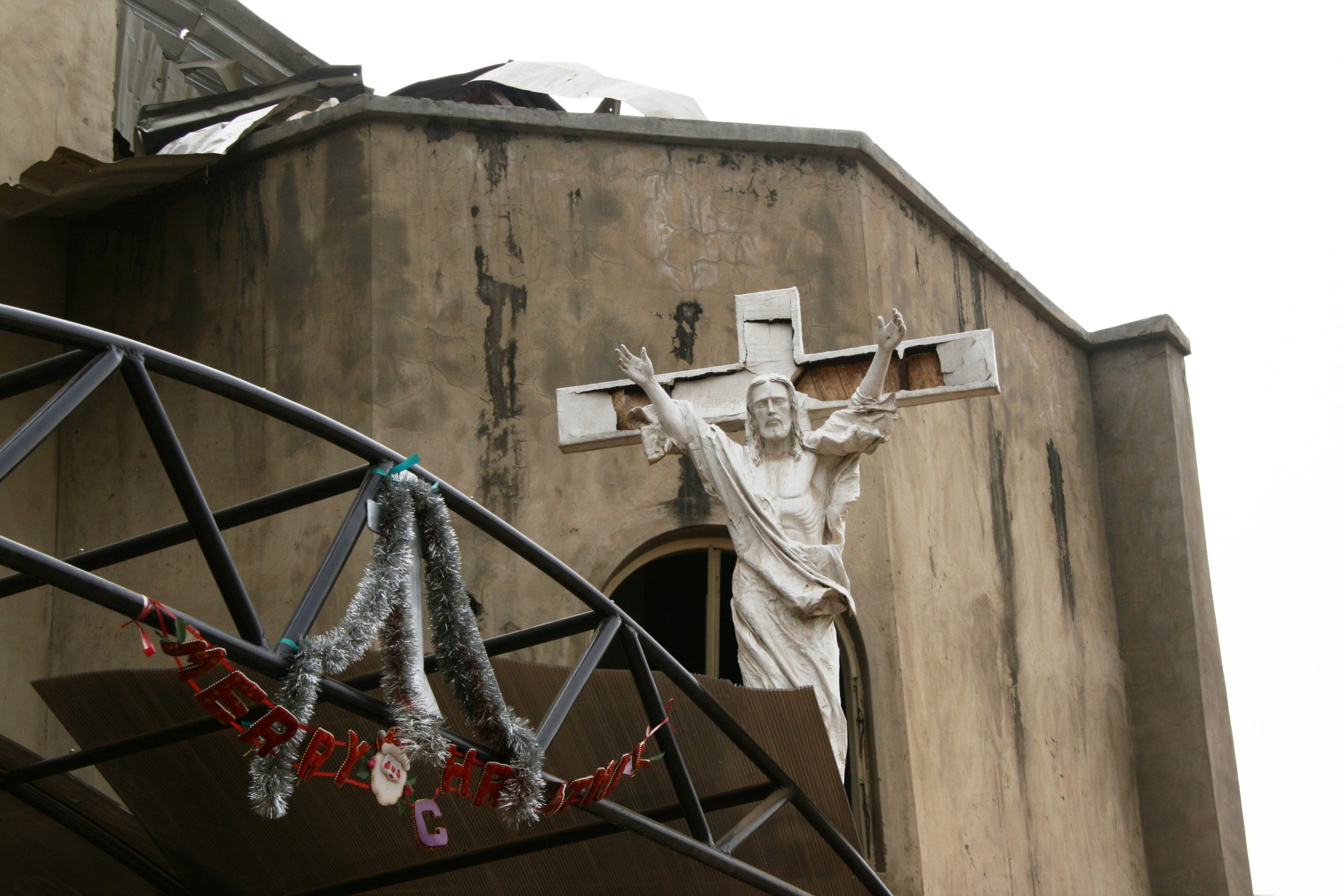The European Union Episcopal Conferences Commission launched a powerful warning last week about the situation of persecution of Christian communities in Nigeria. This entity, which brings together representatives of Catholic episcopal conferences from the 27 member states of the European Union, asks “the entire international community” to “prevent violence” in this African country “and bring criminals to justice”, while also supporting “victims and promoting dialogue and peace”.
This appeal, which is primarily aimed at the Member States of the European Union, comes as a result of an increasing number of cases of violence against Christians, carried out mainly by Boko Haram, a terrorist group that wants to establish a “caliphate” in northeastern Nigeria, but also from the nomadic Fulani herders who have been attacking Christian farmers.
This reality, which Aid to the Church in Need has frequently denounced, requires, say the European bishops, a frontal position on the part of the international community. After all, they say, “according to recent statistics, about 6,000 Nigerian Christians have been killed since 2015” which means over a thousand a year.
The Catholic Bishops representing the Episcopal Conferences of the 27 member countries of the European Union demand concrete measures from the international community. Measures that include the use of “diplomatic, political and financial instruments to help Nigerian authorities to stop violence, bring criminals to justice, support victims and fully include Christians” in the structures of the state.
What is happening in Nigeria is extremely serious and the denunciation of the serious violations of human rights, particularly in relation to Christians, deserves a position in the European Parliament. This year, on 16 January, a resolution was passed condemning the most recent terrorist attacks carried out by “jihadist groups” as well as by “Fulani militants”.
The European Parliament also condemned “the constant discrimination suffered by Christians in the Nigerian regions where ‘sharia’ is applied”.





